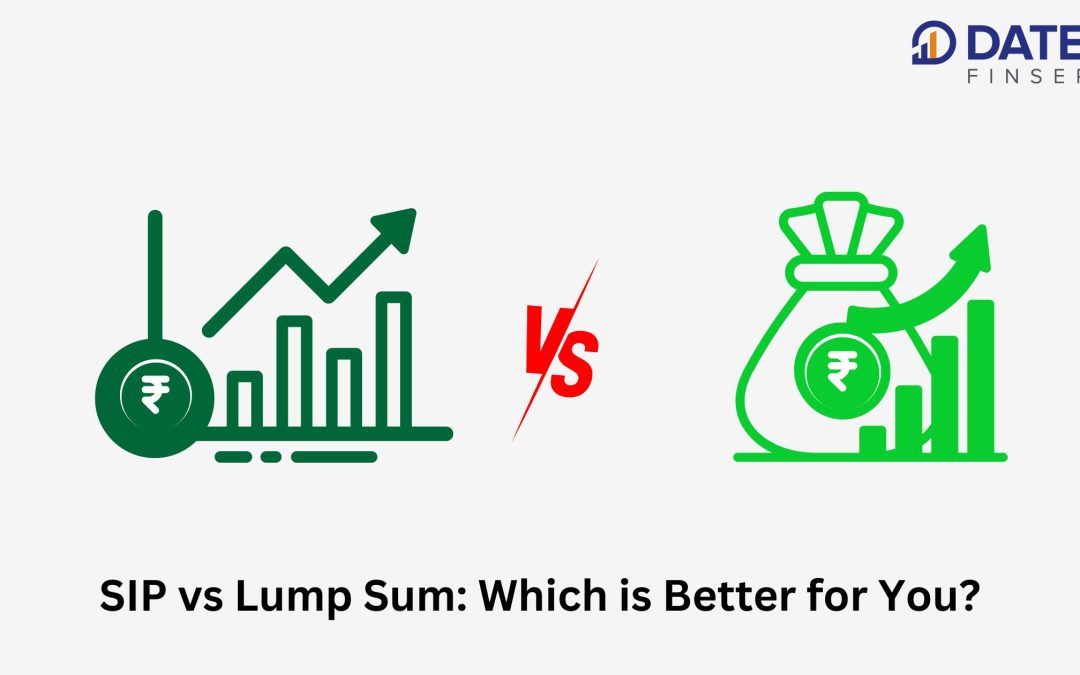When it comes to investing in mutual funds, there are two main ways to do it: through a systematic investment plan (SIP) or a lump sum investment. Both have their own advantages and disadvantages, so it’s important to understand the difference before you make a decision.
What is a SIP?
A SIP is a method of investing in mutual funds by regularly investing a fixed amount of money each month. This can be done through a bank or a mutual fund house. SIPs are a good option for investors who want to invest for the long term and who don’t have a large lump sum of money to invest upfront.
What is a Lump Sum Investment?
A lump sum investment is a one-time investment of a large amount of money into a mutual fund. Lump sum investments can be a good option for investors who have a large sum of money to invest and who are comfortable with the risk of market volatility.
Advantages of SIPs
- SIPs help you to invest regularly, even if you don’t have a large lump sum of money to invest upfront.
- SIPs help you to average out your costs over time, which can help to reduce your risk.
- SIPs can help you to develop a disciplined investment habit.
Disadvantages of SIPs
- SIPs can take longer to reach your investment goals than a lump sum investment.
- SIPs may not be suitable for investors who are looking to take advantage of market timing opportunities.
Advantages of Lump Sum Investments
- Lump sum investments can help you to take advantage of market timing opportunities.
- Lump-sum investments can help you to reach your investment goals more quickly.
- Lump sum investments can be a good option for investors who are comfortable with risk.
Disadvantages of Lump Sum Investments
- Lump sum investments can be more risky than SIPs if the market takes a downturn shortly after you invest.
- Lump sum investments can be a good option for investors who have a large sum of money to invest and who are comfortable with the risk of market volatility.
Which is Better for You?
The decision of whether to invest through a SIP or a lump sum investment depends on your individual circumstances and investment goals. If you are a beginner investor who doesn’t have a large lump sum of money to invest upfront, then a SIP may be a good option for you. If you are an experienced investor who is looking to take advantage of market timing opportunities, then a lump sum investment may be a better option for you

